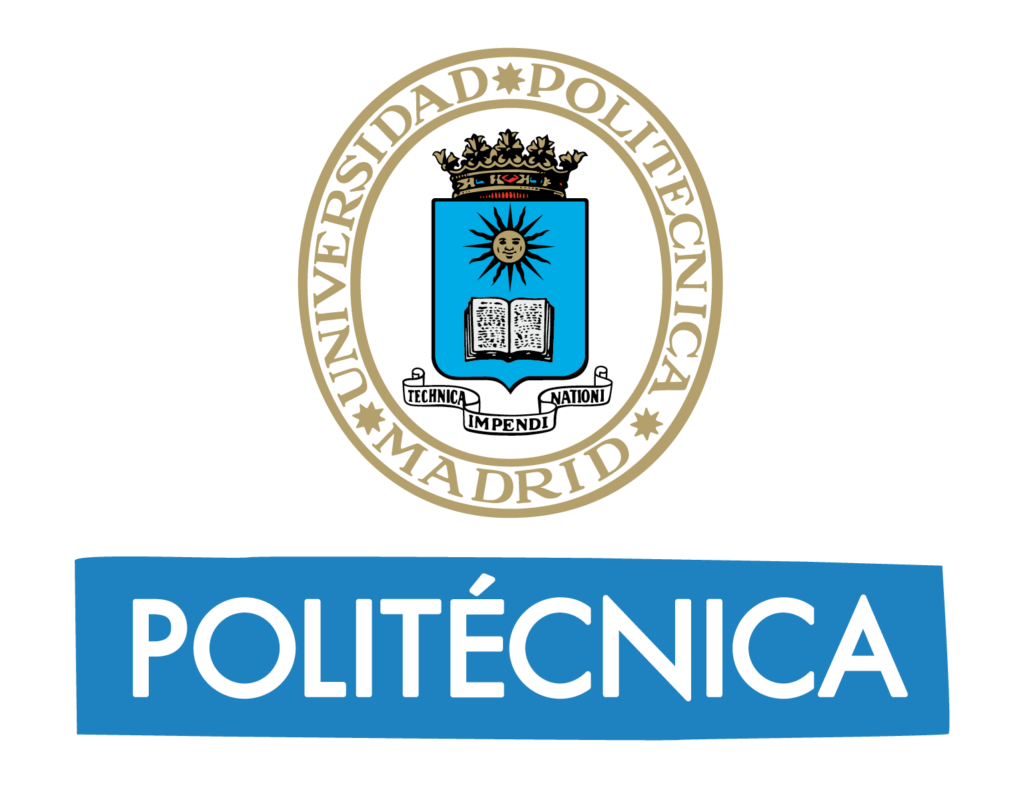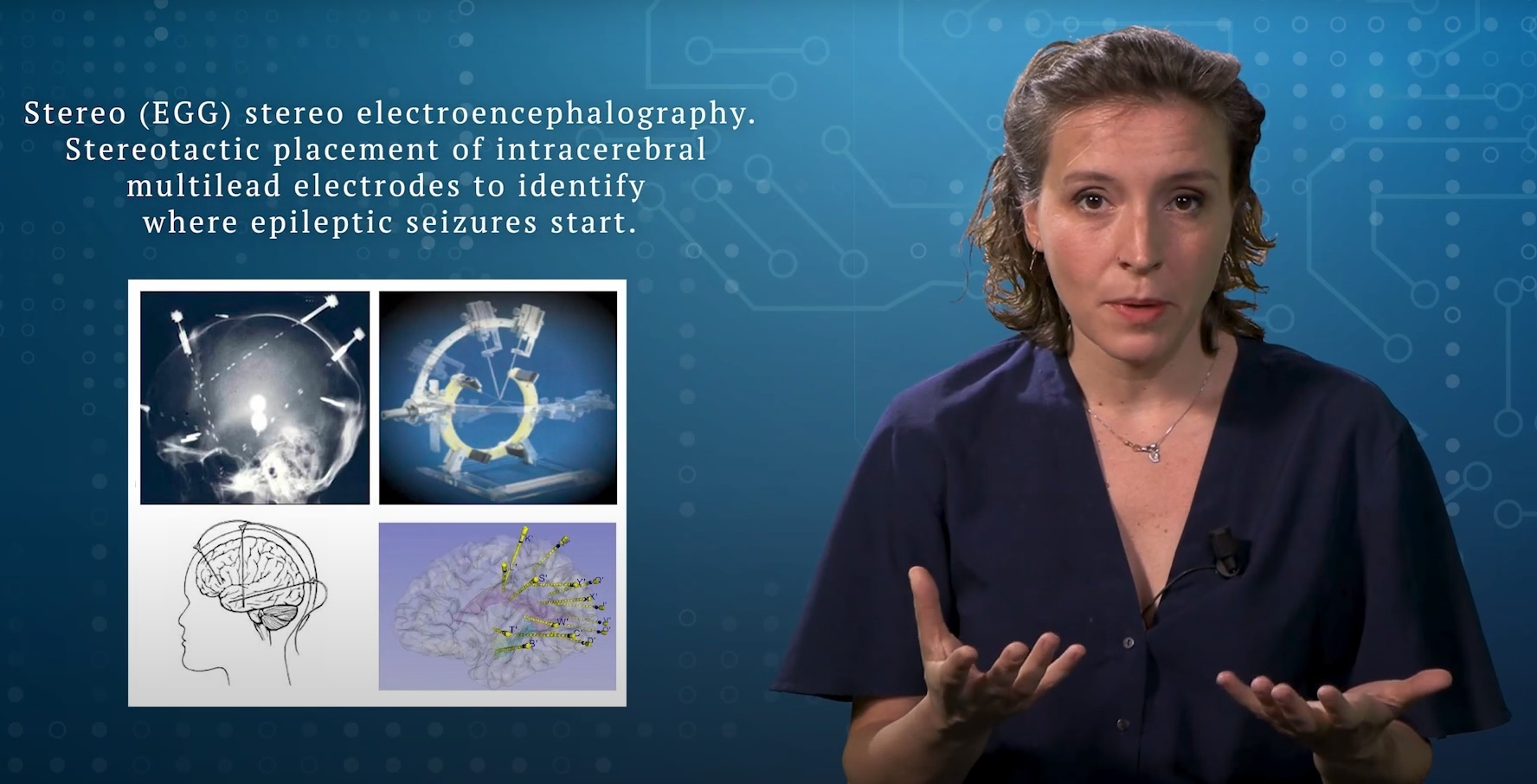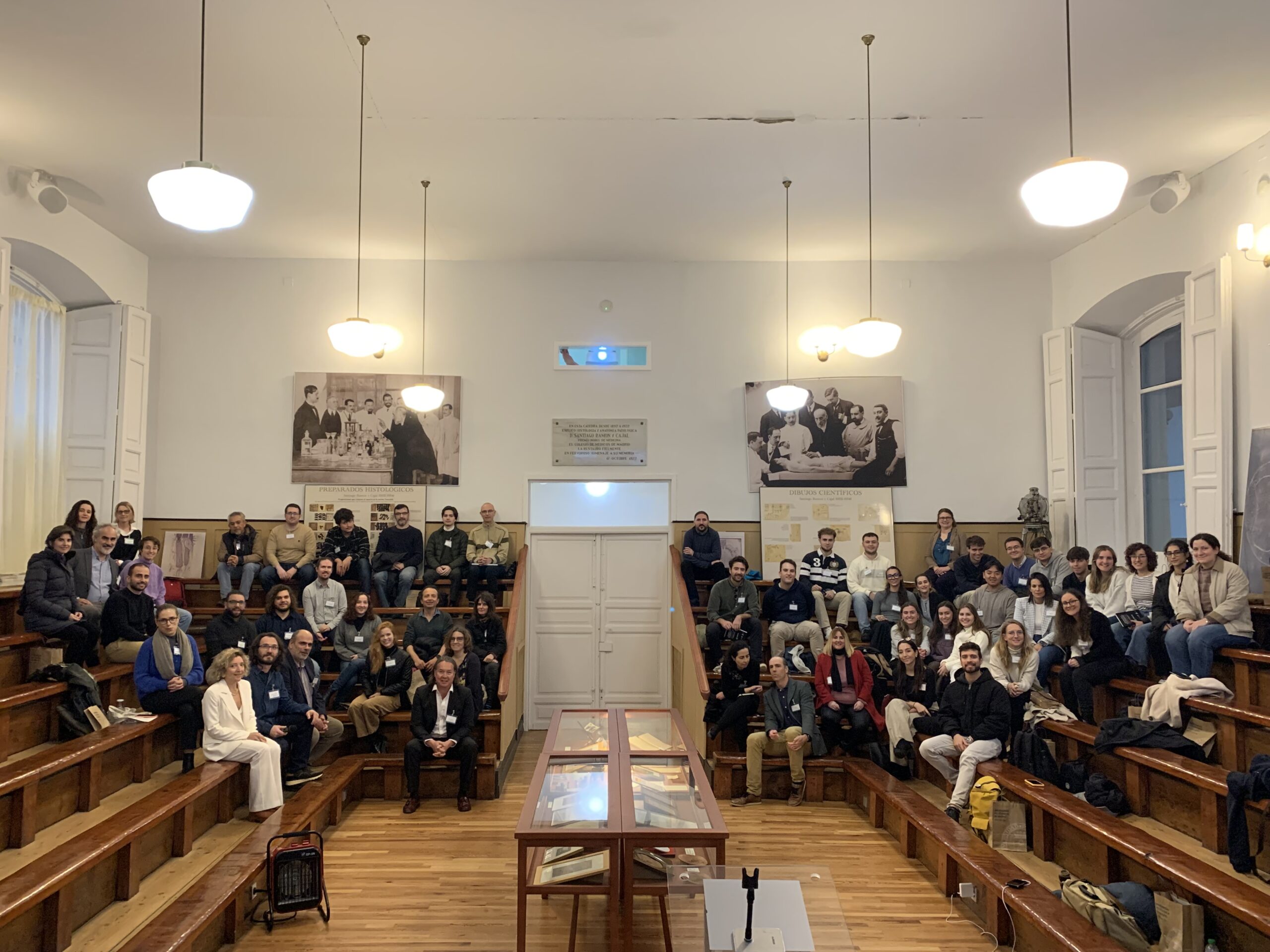La Comunidad NEUROTEC reúne a investigadores de distintos campos y disciplinas centrados en el estudio del cerebro. «NEUROTEC Interview Series» explora el trabajo y la trayectoria profesional de destacados miembros de la comunidad.
Giulia Varotto
Research Interest: computational neuroscience for cognitive functions and neurological diseases
“I’m a postdoctoral researcher working on the development and application of methods from computational neuroscience to explore neurological diseases and cognitive functions. I’m particularly interested in investigated brain complex networks in neurophysiological data, especially MEG, EEG and stereoEEG.
I obtained my PhD at the Polytechnic University of Milan and I worked as postdoctoral researcher in the Neurological Institute C. Besta, where I mainly focused in the development of computational methods for epilepsy care.”
Education:
- PhD in bioengineering at the Polytechnic University of Milan, Italy. Supervisors: Prof Sergio Cerutti, Prof. Silvana Franceschetti, Dr. Ferruccio Panzica. March 2013.
- PhD title: Effective brain connectivity computational methods for the localization of the epileptogenic zone.
- Master Degree in bioengineering at the University of Padua, Italy. 2009
Publications






